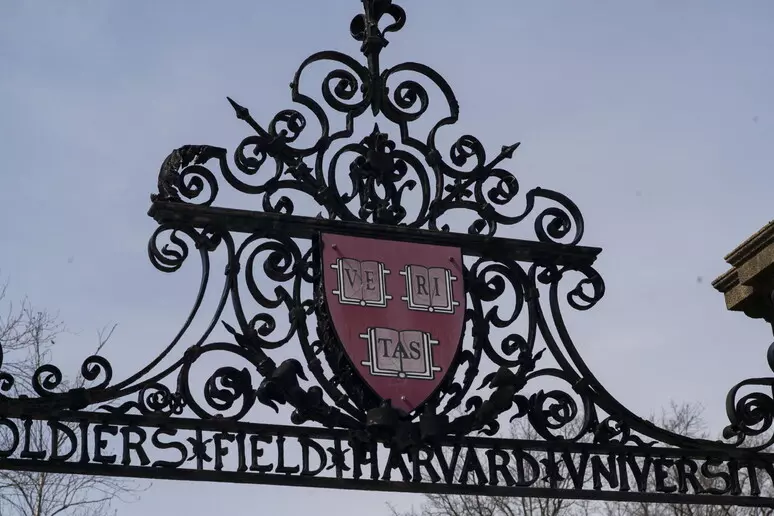Harvard University has restarted negotiations with the Trump administration after being significantly weakened by its months-long legal and political fight with the White House. Among Ivy League schools, Harvard stands alone in having resisted Trump’s sweeping crackdown on American academia.
Other universities — including Columbia, Brown, Princeton, and the University of Pennsylvania — ultimately reached agreements with the GOP administration after losing millions of dollars in federal funding due to accusations that they failed to act on campus antisemitism and that their policies around transgender athletes conflicted with federal standards.
Harvard has become a primary target, with the administration citing its response to antisemitism allegations, race-conscious admissions, faculty hiring decisions, and campus protests against Israel. Unlike its peers, Harvard refused to concede, rejecting Trump’s demands and suing the administration in an effort to protect international student enrollment and reinstate suspended research funding. The university has mounted what it sees as a principled stand against what it calls the Trump administration’s “authoritarian” campaign, warning that it threatens the foundational values of the centuries-old institution.
University officials argue the federal government has violated Harvard’s First Amendment rights and ignored due process. Although the university recently won key legal victories, including a preliminary injunction from a Boston judge halting the administration’s restrictions on international students, Harvard remains concerned that these measures may not be enough to ensure long-term protections.
As the standoff continues, the possibility of a deal with Trump has triggered deep internal debate about how to preserve Harvard’s core values while limiting further damage. Key issues at stake — admissions, hiring, and viewpoint diversity — are considered central to academic freedom. And beyond optics, reaching an agreement with the administration could be seen as compromising Harvard’s independence and legitimizing infringements on constitutional rights.
Many faculty members have voiced strong opposition to any deal. Government professor Steven R. Levitsky told The Harvard Crimson, “Even if an agreement could push the Trump administration to unfreeze billions of dollars in federal funds to Harvard and walk back threats to the University’s international students, striking a deal would still hurt American democracy writ large.” He added, “This is an authoritarian mugging.”
Yet some within Harvard’s orbit take a more pragmatic view. Former Harvard President Lawrence H. Summers argued that “a deal in and of itself should not be seen as a surrender.” He continued, “A carefully crafted settlement could help repair some of the university’s problems while preserving its independence and rigor.”
As Harvard works to protect its students and constitutional freedoms heading into the third month of its standoff with the Trump administration, other institutions are watching closely. Some supporters, including alumni, academic leaders, and pro-democracy advocates, believe the months-long confrontation could still be turned into an opportunity, allowing Harvard to negotiate a resolution that safeguards its principles while ending a destabilizing conflict.











